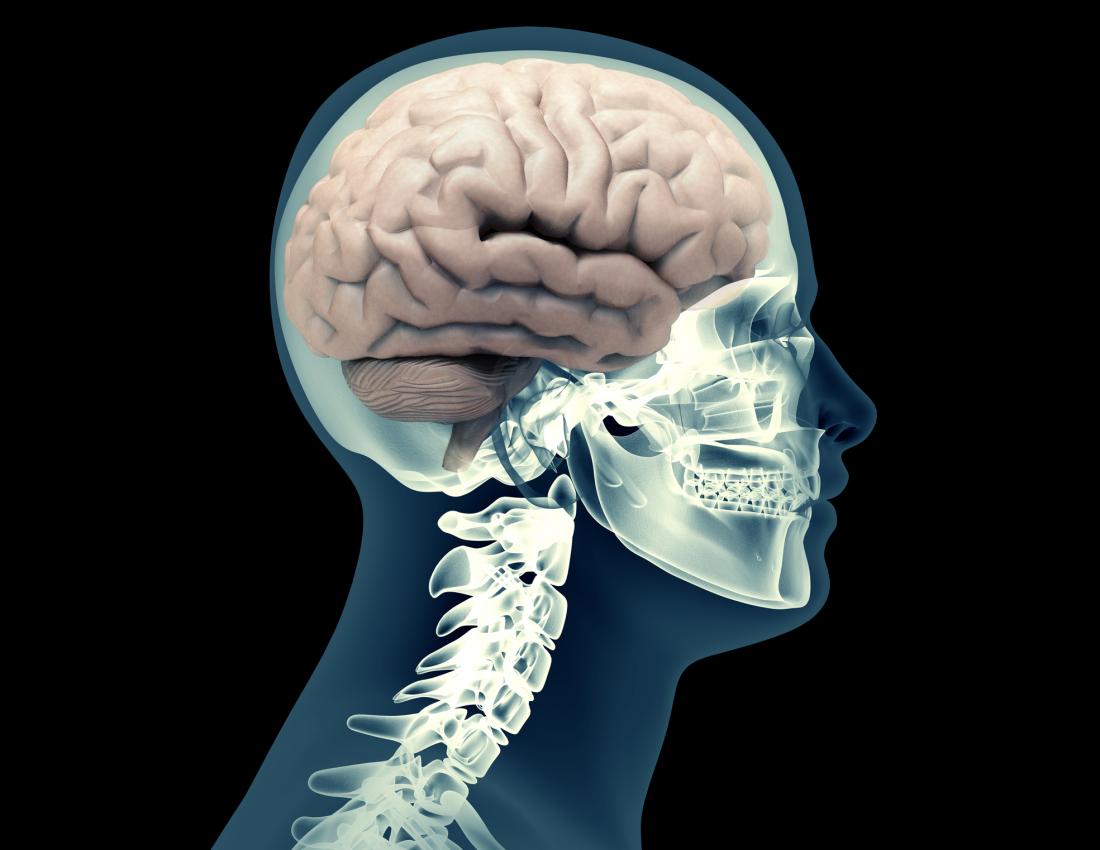
Introduction
A brain bleed after a car accident is a traumatic injury that occurs when blood leaks into the spaces around your brain. When this happens, your brain doesn’t have enough room to expand, which can cause pressure in other parts of your skull as well as potential problems with swelling and/or bleeding. A large brain bleed—also known as an epidural hematoma—can be life-threatening and requires immediate surgery. Left untreated, a brain bleed can cause death, disability or lasting damage.
What Is a Brain Bleed?
A brain bleed occurs when blood vessels in the brain rupture. This can be caused by the whipping motion caused by the impact of a crash. A person’s brain whips back and forth within their skull, shearing the blood vessels that connect to the brain. The blood then pools in the area between the brain and skull, putting pressure on and damaging that portion of the brain, thus impairing the brain’s ability to control vital functions such as breathing, muscle control, and speech.
Why Is a Brain Bleed Dangerous?
A brain bleed can be dangerous because it can cause permanent damage to your brain. Brain bleeds can result in:
- Brain damage, including nerve damage and stroke.
- Paralysis on one side of the body (hemiplegia).
- Cognitive problems such as memory loss or personality changes.
Suing the driver who caused your brain to bleed
If you have suffered a brain bleed after a crash, you may be able to file a car accident lawsuit against the at-fault driver. This may allow you to recover compensation for your pain and suffering as well as money damages to pay for your medical care and treatment. Additionally, if your brain bleed has disabled you from working, you may be able to recover damages through your lawsuit to reimburse you and your family for the wages you were unable to earn because you were disabled from working.
Symptoms of a Brain Bleed
- Headache
- Dizziness
- Confusion, disorientation and memory loss (temporary)
- Blurred vision, trouble focusing your eyes or seeing things clearly (temporary)
- Nausea and vomiting (if you are one of the unlucky few whose brain bleeds causes them to throw up)
Diagnostic Testing for a Brain Bleed
If you’ve suffered a brain bleed, your doctor will likely order diagnostic testing to determine the cause. Imaging tests like MRI and CT scans can show whether there is bleeding in the brain and where it’s located.
Treatment for a Brain Bleed
- Emergency treatment, including surgery: A brain bleed is a medical emergency and requires immediate treatment. Depending on the severity of your injury and how quickly it was diagnosed, you may be rushed to surgery to remove blood clots or reduce swelling in your brain.
- Rehabilitation and recovery: If you have suffered a serious head injury as a result of an automobile crash, rehabilitation may be able to help treat cognitive impairment (memory loss), seizures or speech problems that could occur following a brain bleed.
- Physical therapy: Physical therapists work with patients who have sustained traumatic brain injuries by helping them regain mobility after being immobilized due to their injuries.
- Occupational therapy: Occupational therapists assist people suffering from physical impairments caused by traumatic brain injuries; they teach them how to perform daily tasks like dressing themselves without difficulty
Conclusion
If you have suffered a brain bleed after a crash, you may be able to sue the at-fault driver for compensation and monetary damages. This is a very serious injury with potentially life-threatening consequences. Always seek medical attention as soon as you are able.








